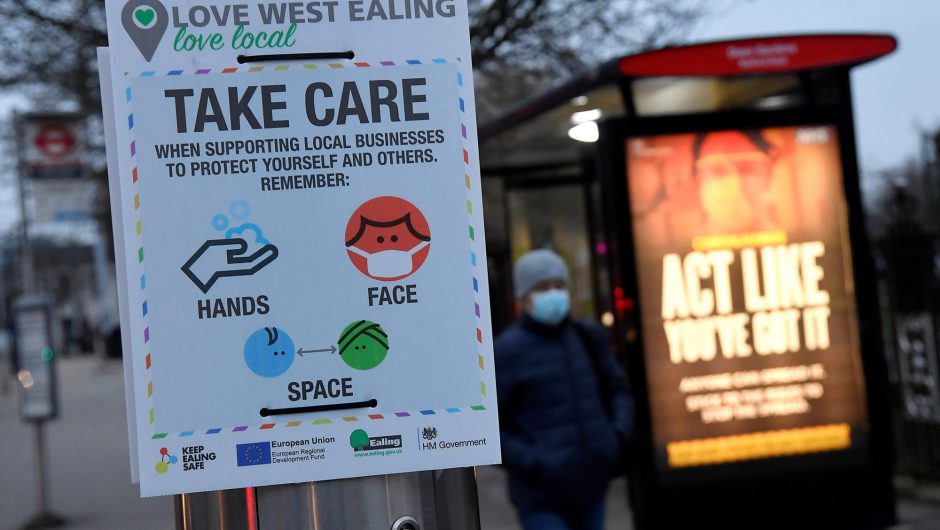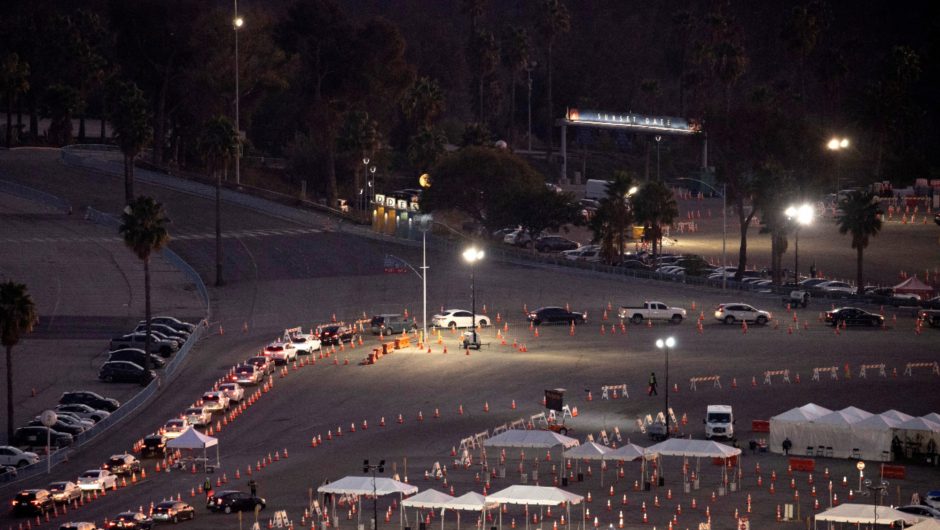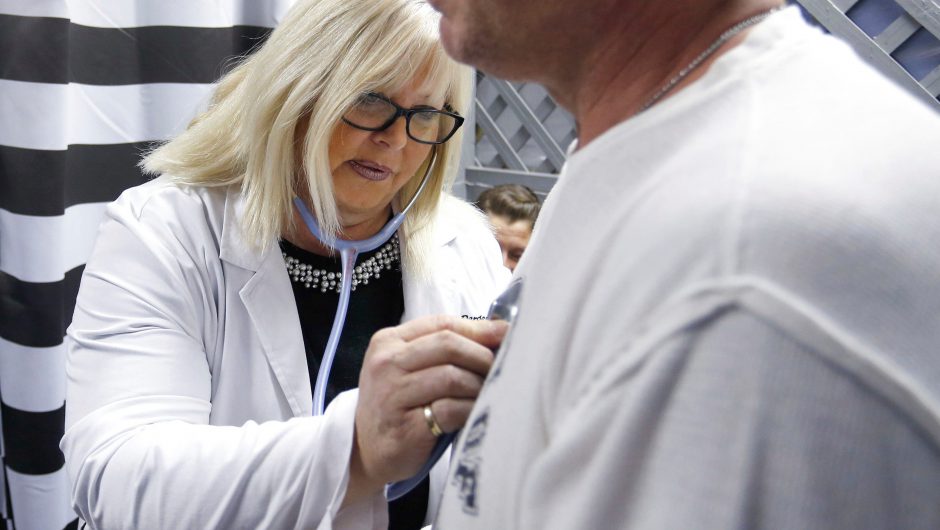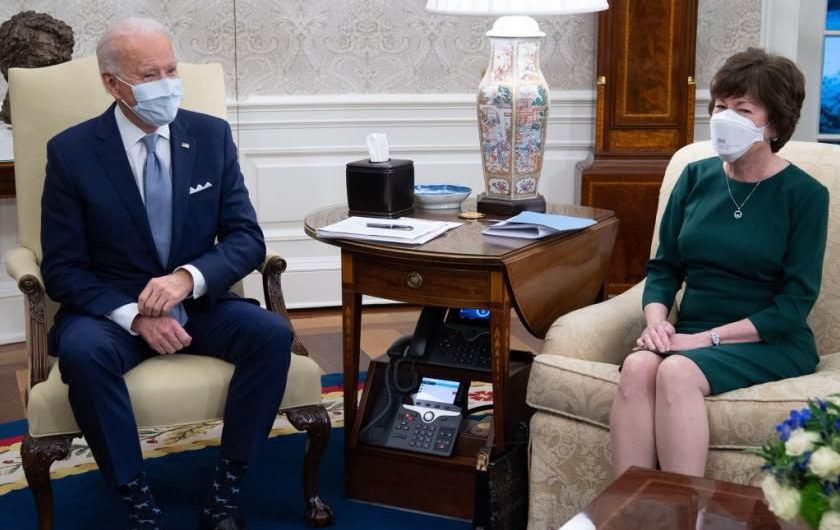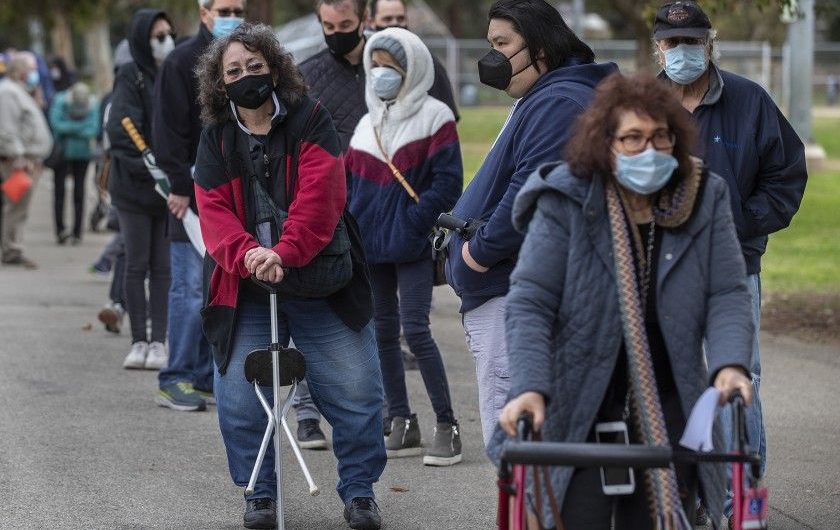[ad_1]

The highly contagious UK COVID-19 variant had appeared in the US by early November — nearly six weeks before health officials in Britain flagged it as a concern, according to a new study.
University of Arizona researchers traced the strain, known as B-117, and found clusters of it had emerged in California by Nov. 6 and Florida by Nov. 23, according to the study, published Tuesday on virological.org.
“It is striking that this lineage may already have been established in the US for some 5 to 6 weeks before B-117 was first identified as a variant of concern in the UK in mid-December,” the researchers said in the report.
“It may have been circulating in the US for close to two months before it was first detected.”
However, only about 0.4 percent of coronavirus cases recorded in California between Dec. 27 and Jan. 2 were found to be the new variant — which equates to roughly one-third of what the UK recorded during the same point in the outbreak, according to the study.
“This suggests the dynamics of [the variant] might be somewhat less explosive in California versus its original epicenter in England,” the researchers wrote.
In Florida, by contrast, the mutation appeared to spread faster, accounting for 0.7 percent of coronavirus cases roughly a month after it first emerged in the state — on par with the UK, the study states.
Medical personnel administer COVID-19 tests in Parker, Colorado.Michael Ciaglo/Getty Images
While the Florida virus cluster is “younger” than California’s, it “already accounts for a larger proportion of the … epidemic,” the researchers wrote.
A single event — likely international travel — brought the strain to California, researchers said. They believe the same to be true with the Florida cases.
It’s not clear why the variant in Florida appears to have spread faster, the researchers said. The study, which used genomic analysis to trace the virus strain, has not yet been peer-reviewed.
The UK variant is believed to have first appeared in Kent, England, in September, prompting health officials to warn it was a “variant of concern” in mid-December.
Dr. Charles Chiu extracts samples of COVID-19 for sequencing in his lab in San Francisco, California.Jessica Christian/The San Francisco Chronicle via Getty Images
It is now thought to be responsible for more than 60 percent of all UK infections.
A mutation on the spike protein of the virus allows it to skillfully invade cells, making it up to 70 percent more contagious than other coronavirus strains.
[ad_2]
Source link


